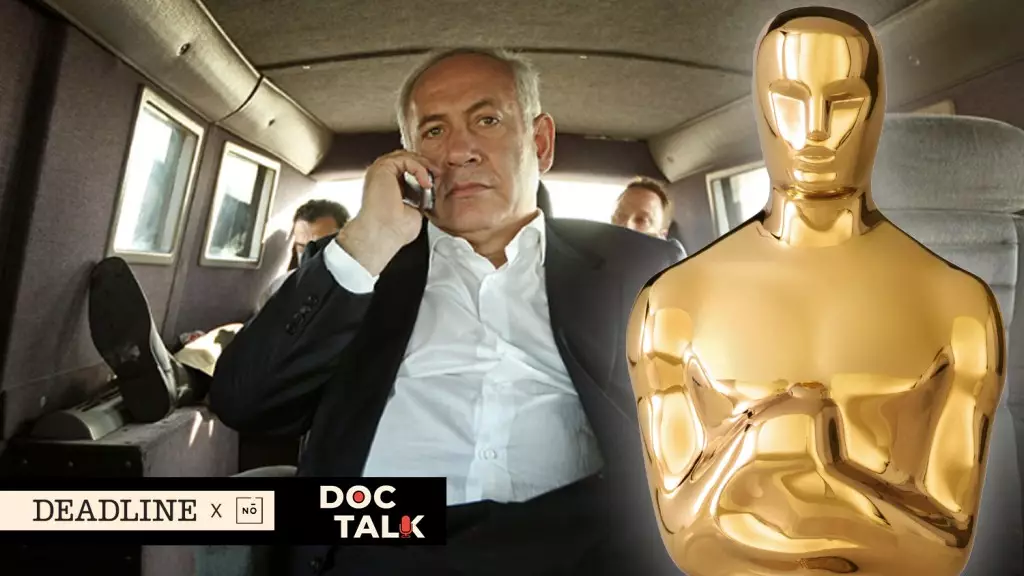The world of documentary filmmaking holds an intense air, especially during the Oscar nomination season. With the number of contenders slashed from 169 to just 15, the process is not only competitive but also exposes deep divisions within the filmmaking community. This drastic reduction leaves many creatives disheartened, particularly those whose works challenge conventional narratives or highlight underrepresented stories. The competitive spirit of filmmaking is unmistakably felt, igniting discussions about merit, recognition, and the decision-making of the Academy’s Documentary Branch.
Disappointment and Celebration Among Filmmakers
The emotional landscape surrounding the Oscar shortlist is diverse. While some filmmakers experience jubilation with their nominations, others face the harsh reality of exclusion. A palpable sense of disappointment permeates discussions, especially regarding notable omissions. The recent episode of Deadline’s Doc Talk podcast, hosted by Oscar-winning writer-director John Ridley and documentary editor Matt Carey, delves into this dichotomy. The focus is on identifying the most surprising exclusions from the shortlist—films that resonated with audiences and critics alike yet failed to secure a nomination.
Among the most talked-about snubs is a documentary centered on a legendary Hollywood figure whose resilience in the face of a life-altering accident captivated many. This standout piece could have provided viewers with an inspirational narrative, serving as a testament to human endurance. Conversely, the shortlist also includes unexpected entries, particularly a provocative documentary critical of Israeli Prime Minister Benjamin Netanyahu. The controversy surrounding its unofficial premiere, including a lawsuit filed by Netanyahu himself to suppress its release, only heightens its notoriety. Notably, this film’s lack of U.S. distribution raises questions about the Academy’s selection criteria and the implications for international narratives in American cinema.
The Role of Distribution in Academy Selections
Interestingly, the phenomenon of films with no domestic distribution gaining recognition in the Oscar shortlist calls for scrutiny. It begs the question of whether the Academy is opening its doors to a broader spectrum of stories or simply reacting to the buzz generated by online discussions and festival screenings. Ridley expresses both excitement and frustration in regard to specific films; while he celebrates a particular Netflix documentary’s inclusion, he is equally perplexed by the exclusion of another work he deems one of the year’s finest. This highlights the subjective nature of such selections and the myriad factors influencing them.
Equally compelling is the five-minute shorts category, which has attracted exciting contributions from a diverse array of filmmakers, including actress Rashida Jones. The nominations here reveal the Academy’s recognition of varied voices and innovative storytelling techniques. This segment not only showcases standalone short films but also provides a platform for emerging talent in the documentary genre. The discussion around these entries persists, as many view this curation as indicative of wider trends in documentary filmmaking.
The Oscar shortlist serves as a thrilling yet contentious reflection of the state of documentary cinema, weaving tales of triumph and anguish in the face of both creative recognition and exclusion. As filmmakers navigate these emotional highs and lows, the industry awaits the final announcements with bated breath, knowing that recognition at this level can significantly impact a documentary’s reach and legacy.


Leave a Reply